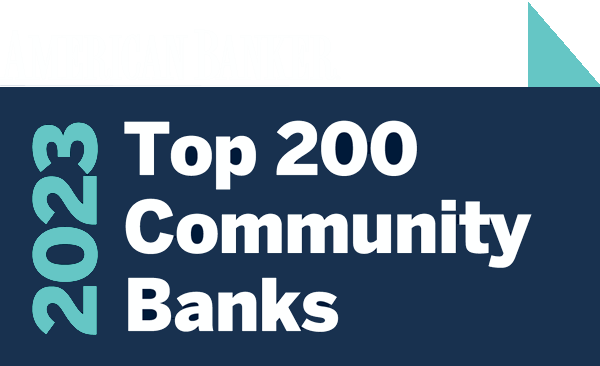Cyber Security in Banking
MAINSTREET BANK
The Importance of Cyber Security In Banking: 4 Tips for Businesses & Consumers
Gone are the days when a person’s life savings are thought to be “secure” in an old coffee can or stuffed under a mattress. We safeguard our money in trusted financial institutions and can access it day or night with the convenience of electronic banking. With the advent of new technology, consumers find themselves at the intersection of convenience and security. Cybercrime is a rising threat, and financial institutions are frequently targeted.
The importance of cyber security in the banking sector cannot be understated. Ensuring financial cyber security is on the strategic roadmap of all financial institutions – and here’s how we’ll get there.
Cyber Security and Banking
In a report published by Forbes, 25% of all malware targets banks and other financial services institutions in the form of compromised credit cards, credential leaks and malicious apps. This should come as no surprise – scam artists and hackers want money. The more fraud scams, compromised credit cards and hacked login credentials they obtain, the higher chance they have of harvesting cash.
The unfortunate reality is that cyber security risks are of growing concern for financial institutions. Due to this fact, financial institutions have innovated and accelerated the approach to cyber security to safeguard member assets.
Financial Cyber Security Tips
There are essential steps that consumers can take to safeguard their financial assets and personal information. Some of these tips may seem obvious, but between stolen passwords, ATM fraud, phishing, social media impersonations and malicious mobile apps – it doesn’t hurt to take stock of your financial cyber security strategy.
1. Be thoughtful about your banking passwords.
Do you use the same passwords for your social media accounts that you do for your online banking? That’s a major red flag. If one of your accounts suffers a data breach, a hacker could try those same credentials over and over and find success. Strong and unique passwords are the way to go for your mobile banking. Changing them on a regular basis is also highly suggested.
2. Be overly skeptical.
If you receive phone calls or text messages from seemingly-legitimate institutions or someone congratulating you on your all expenses paid cruise vacation, be skeptical. Phishing scams are increasingly prevalent in today’s society. Never confirm your credentials on a phone call or email that was unsolicited. Call your bank to inquire about the communication before proceeding.
3. Review your bank statements regularly.
Check your account online to be sure you recognize all charges on your debit or credit card. If a hacker was there, it won’t always be obvious with a multi-thousand dollar purchase. Sometimes small fees over time is the scammers’ approach. If you see anything odd, be sure to contact your bank.
4. Avoid WiFi hotspots.
The convenience of online banking could also be its downfall for a cyber-conscious consumer. Avoid logging into your online banking apps when you’re connected to a public WiFi hotspot. You’re better off completing these tasks on a known network on a trusted computer. Whether you’re in an airport, library, or your favorite coffee shop, avoid doing any online banking or typing in your credit card information. You never know when someone is tapped into the public network.
Our Commitment to Cyber Security
Think of it this way – we’re providing the security system for the house, but you still need to put a lid on the coffee can. Effective financial cyber security requires a multi-layered approach. We’re committed to fighting cyber security with industry standard operating procedures and enhanced features for added security.


